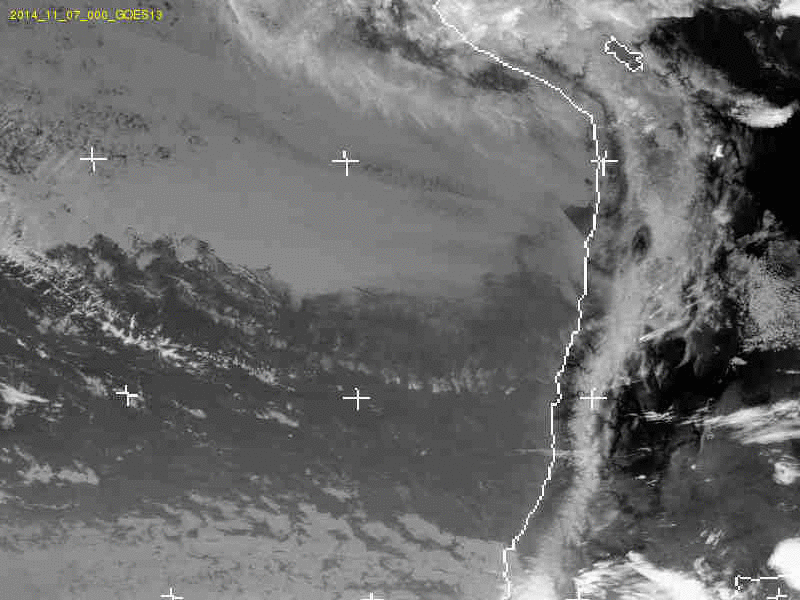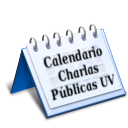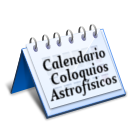
PhD: Universidad Técnica Federico Santa María (2007)
Research Area: Perturbative QFT; Feynman diagrams; Method of Brackets
Publications: ADS - INSPIRE
Telephone: (+56 32) 250 8226
email: ivan.gonzalez at uv.c
About my research: My main research projects are connected with:
- Higher-order calculations in perturbative QCD.
- Development of methods and analytical techniques for evaluating Feynman diagrams.
- Computer Algebra Application to Mathematics and Physics.
- Heuristic calculus and applications to integrals and differential equations.
- Study and applications of special functions.
Teaching: Introductory Physics, Mechanics, Quantum Mechanics I, Quantum Mechanics II, Advanced Quantum Mechanics, Mathematical Methods of Physics II.
See my research in: Particle Physics
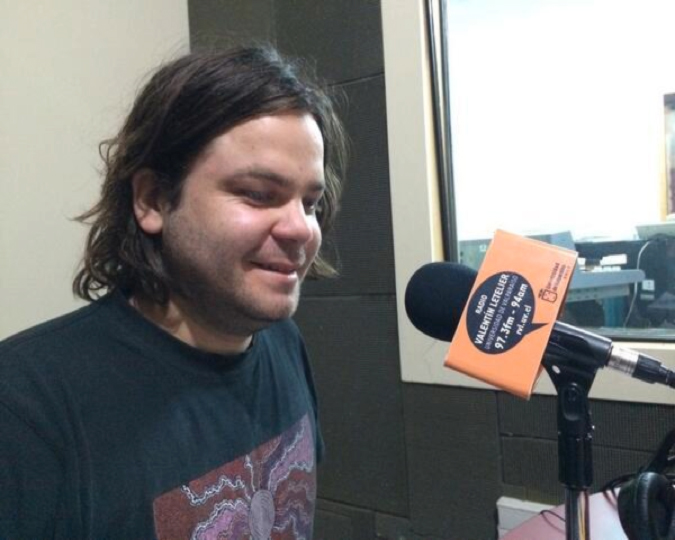
PhD: Doctor of Philosophy, Astronomy. Institute for Astronomy, University of Edinburgh, Edinburgh, UK (2009)
Research Area: Observational Cosmology, Galaxy Formation and Evolution, Active Galactic Nuclei, Deep Radio, Infrared y Submillimetre surveys.
Publications: ADS
Telephone: (+56 32) 250 8306
email: eduardo.ibar at uv.cl
Webpage: http://edoibar.wix.com/home
About my research: I work in a wide range of projects covering different state-of-the-art lines of research. These days I am working with the ALMA telescope to understand the physical conditions of the gas and dust in high redshift galaxies. My research is performed using all sort of multi-wavelength evidences for detailed analyses of distant objects. In particular, my personal interest is focused in understanding the way in which galaxies evolved as a function of redshift using deep radio (JVLA), infrared (Herschel) and sub-millimetre (ALMA) surveys.
Teaching: Research Work II (class for MSc and PhD students in Astrophysics) -- 2nd semester 2014
See my research in: Gravitational Lensing - Active Galactic Nuclei - Galaxy Formation and Evolution
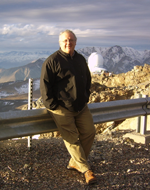
Dr. rer. nat.: Physik, Ludwig-Maximillians University - Munich, Germany (1992)
Research Area: Massive Stars, Stellar winds, hydrodynamics, Radiative transport, Numerical Methods, Astrostatistics, Astrometeorology
Publications: ADS
Telephone: (+56 32) 250 5519
email: michel.cure at uv.cl
About my research: My main line of research is massive stars, and particularly the manner in which they lose mass (stellar winds and hydrodynamics). We use different codes for obtaining the synthetic spectra of stars, Hydwind (developed by our group), FASTWIND & CMFGEN for radiative transport. We also do research in Astrostatistics, applying new statistic tools for solving astrophysical problems, for example in the distribution of rotational velocities of stars or the distribution of mass ratios in binary systems. Another area we cover is Astrometeorology, that is, understanding and predicting the atmospheric conditions over international observatories built in Chile. We pay particular attention to precipitable water vapor predictions and seeing.
See my research in: Variability - Data Bases, Surveys and Virtual Observatory - Astrometeorology
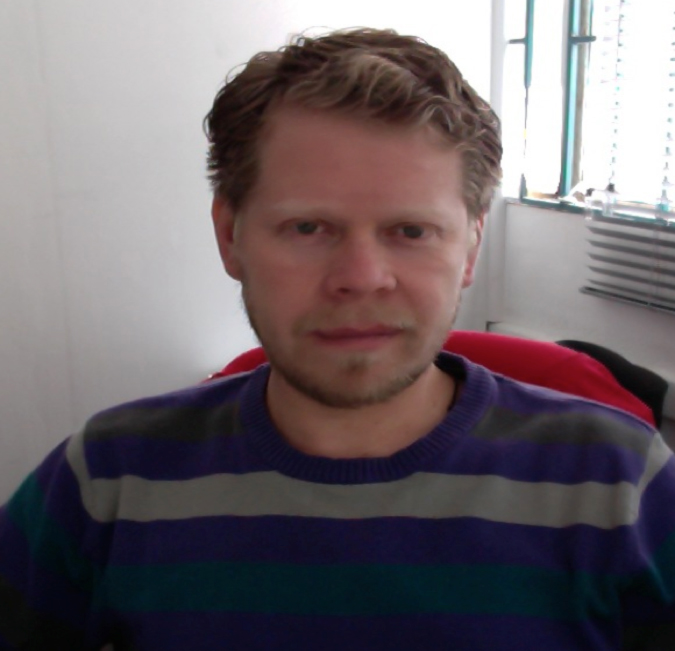
PhD (c): in Meteorology, Ludwig Maximilians Universitaet, Munich, Germany
Research Area: Meteorology, Astrometeorology, Atmospheric simulations
Publications: ADS (full) - ADS (refereed)
Telephone: (+56 32) 250 8492
email: omar.cuevas at uv.cl
Webpage: almaforecast.dfa.uv.cl/astromet
About my research: My main research is the study of the turbulence around the astronomical observatories, focus in the characterization and forecast of optical turbulence and astronomical seeing to allow for optimization of the operations. I am also involved in site testing for new astronomical observatories to arrive in Chile. I use meteorological models applied in mesoscale that simulate the atmospherics conditions in complex orographic zones.
Teaching: Computational Physics I, II and III. Undergraduate.
See my research in: Astrometeorology



